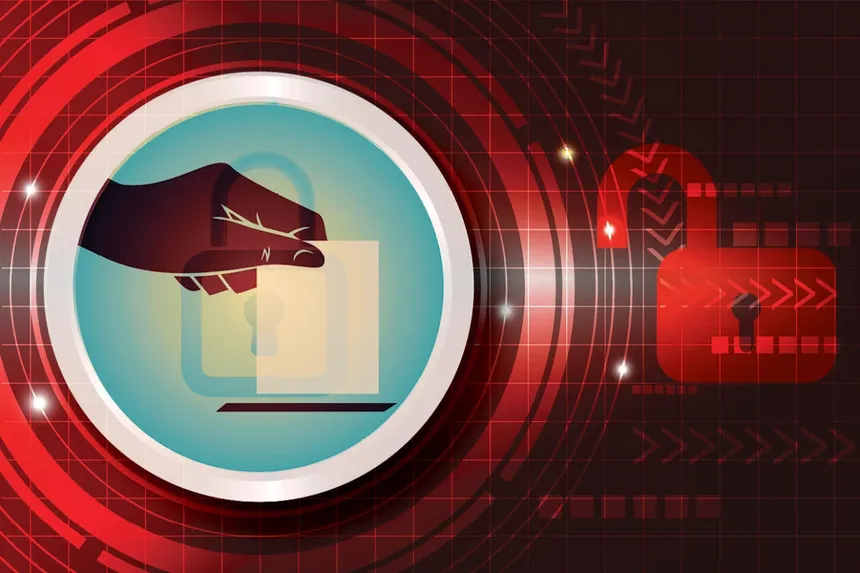The Future of Voting: Ensuring Fair Elections with Blockchain Technology
As societies worldwide stride into an era brimming with technological advancements, the fundamental process of voting, a cornerstone of democratic governance, is also poised for a seismic transformation. A leading candidate to spearhead this change is blockchain technology, renowned for its security and transparency features. In this blog post, we explore the potential role of blockchain technology in reshaping electoral processes, fostering environments where fair and transparent elections are the standard, not the exception.
The Current State of Voting: Challenges and Concerns
Traditionally, voting systems have been laden with challenges, ranging from logistical issues to concerns about fraud and tampering. The methods of paper balloting and electronic voting machines have often been criticized for their vulnerability to manipulation and lack of transparency. Moreover, voter turnout is a perennial issue, with many potential voters deterred by logistical hurdles or concerns over the integrity of the electoral process.
Blockchain: A Beacon of Trust and Transparency
Blockchain technology stands as a solution to many of these pressing issues, offering a new path towards secure, transparent, and accessible voting systems. Here’s how blockchain could redefine the future of voting:
1. Security and Immutability
At the heart of blockchain technology lies a structure that ensures the security and immutability of data. Once a vote is recorded in a blockchain, it cannot be altered or deleted, providing a robust defense against tampering and fraud.
2. Transparency and Verifiability
Blockchain enables a transparent process where each transaction (or vote, in this case) is recorded and verifiable by all participants. This characteristic ensures that the electoral process is transparent and that results can be verified independently, fostering trust in the election outcomes.
3. Accessibility and Inclusivity
Blockchain could facilitate remote voting, allowing individuals to cast their votes without visiting a physical polling station. This ease of access could potentially increase voter turnout, encouraging broader participation and making the electoral process more inclusive.
Envisioning a Blockchain-Enabled Voting System: Key Features
1. Digital Identity Verification
A blockchain-based voting system would entail a secure digital identity verification process, ensuring that only eligible voters can participate, and that each individual can vote only once.
2. Real-Time Vote Tracking and Reporting
Blockchain would allow for real-time tracking and reporting of votes, ensuring a swift and transparent tallying process, which could be verified by any participant in the network, thereby enhancing the credibility of the election.
3. Smart Contracts for Election Protocols
Smart contracts could be employed to automate various election protocols, such as the release of results once the voting process is concluded, further reducing the potential for human error or manipulation.
Challenges and The Path Ahead
Despite its potential, the implementation of blockchain in voting systems comes with its set of challenges. Concerns such as scalability, voter anonymity, and the digital divide need to be addressed to craft a voting system that is both secure and accessible to all. Additionally, developing legal frameworks and standards to govern blockchain-based voting systems will be a crucial step in the path towards adoption.
Conclusion
As we stand on the cusp of a new era in electoral processes, blockchain technology presents itself as a promising ally in ensuring fair and transparent elections. While challenges remain, the journey towards integrating blockchain into voting systems marks a significant stride towards fostering democratic processes that are more secure, transparent, and inclusive. By embracing the potential of blockchain technology, we can envisage a future where the sanctity of the electoral process is upheld, fostering a stronger and more resilient democracy for generations to come.



